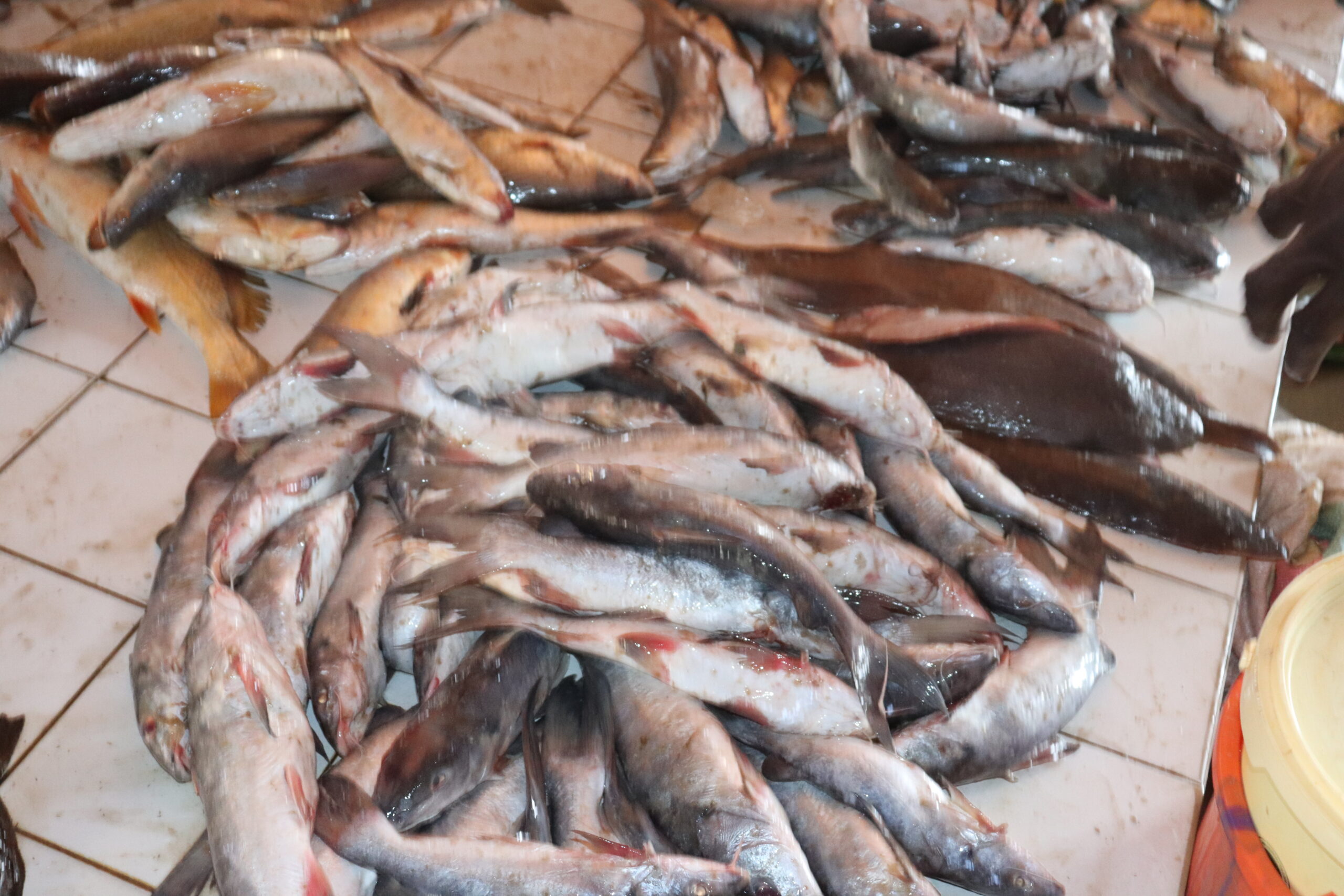A new WWF report reveals that over 26% of African freshwater fish species are at risk of extinction. Published ahead of an upcoming global wetland conference in Zimbabwe, the report indicates that more than a quarter of these fish face threats to their survival. One in four freshwater fish species is threatened. Africa, an international hotspot for freshwater fish diversity with over 3,200 species, is also experiencing significant risks to its aquatic life.
According to Eric Oyare, WWF Africa’s Freshwater Lead, “The disappearance of these fish threatens more than just biodiversity; it jeopardizes food security, livelihoods, ecosystem stability, and climate resilience.” He warns that these declines signal broader health issues within Africa’s freshwater ecosystems, which are vital for both people and nature.
The report highlights remarkable species such as the African lungfish, which can breathe air and survive prolonged droughts buried in mud; a blind cichlid adapted to underground caves in the Congo Basin; the ancient bichirs, considered “living fossils” that predate dinosaurs; and the swift, predatory African tigerfish, known for its powerful jaws.
Freshwater fish are key for maintaining healthy aquatic environments as predators, herbivores, and nutrient recyclers. They also form the foundation of inland fisheries that support millions of African households, especially vulnerable communities. However, these vital fish populations are declining rapidly due to multiple threats: Habitat loss from dams, deforestation, mining, and land conversions; Pollution from agriculture, urbanization, and industrial activities; Invasive species and overfishing, including destructive methods like mosquito nets; Climate change disrupts rainfall, dries up rivers, and heats lakes.
Across Africa, stocks of freshwater fish are plummeting. For instance, catches in the Zambezi floodplain have fallen by as much as 90%, and Lake Malawi’s iconic ‘chambo’ tilapia—a staple food and national symbol—has decreased by 94%.
Machaya Chomba, Africa Freshwater Protection Manager at The Nature Conservancy (TNC), emphasized the crisis: “The loss of freshwater fish isn’t just an ecological issue; it directly threatens food security, livelihoods, and cultural identity for millions. Restoring rivers and wetlands is essential for both nature and the communities that depend on them.”
African governments need to act
WWF and its partners are urging African governments to adopt the Emergency Recovery Plan for Freshwater Biodiversity—a science-based, practical strategy designed to restore freshwater ecosystems and support dependent communities. The plan involves six urgent actions: Allow rivers to flow naturally, improve water quality, protect and restore key habitats and species, end unsustainable resource use, control invasive non-native species, and keep rivers free-flowing by removing outdated barriers
Eric Oyare states that these measures have proven successful elsewhere worldwide, and, with strong leadership, Africa can tailor them to its specific needs to preserve its freshwater biodiversity for future generations.
Tanzania, Zambia, and Namibia models to follow
Encouragingly, community-driven conservation programs in countries like Tanzania, Zambia, and Namibia are showing positive results, including habitat restoration and sustainable fisheries management. The global Freshwater Challenge, now embraced by 20 African nations, provides a promising pathway forward.
Nancy Rapando, WWF Africa Food Futures Lead, stresses that freshwater fish should no longer be an afterthought—they are central to Africa’s biodiversity, development, and future. Immediate action is critical before rivers dry out.
The upcoming Ramsar COP15 conference, scheduled from July 23 to 31, 2025, in Zimbabwe, will unite governments, scientists, and conservationists to address the threats to freshwater ecosystems and promote sustainable management practices. African nations have a unique chance to lead efforts by prioritizing freshwater conservation, implementing the 30×30 inland waters target under the Global Biodiversity Framework, and embracing initiatives like the Freshwater Challenge and the Recovery Plan.
Itai Chibaya, WWF Zimbabwe Director, emphasizes that the future of Africa’s rivers and fish is closely linked to the continent’s overall well-being, urging bold actions at Ramsar COP15 to revive these vital ecosystems and secure a sustainable future.

